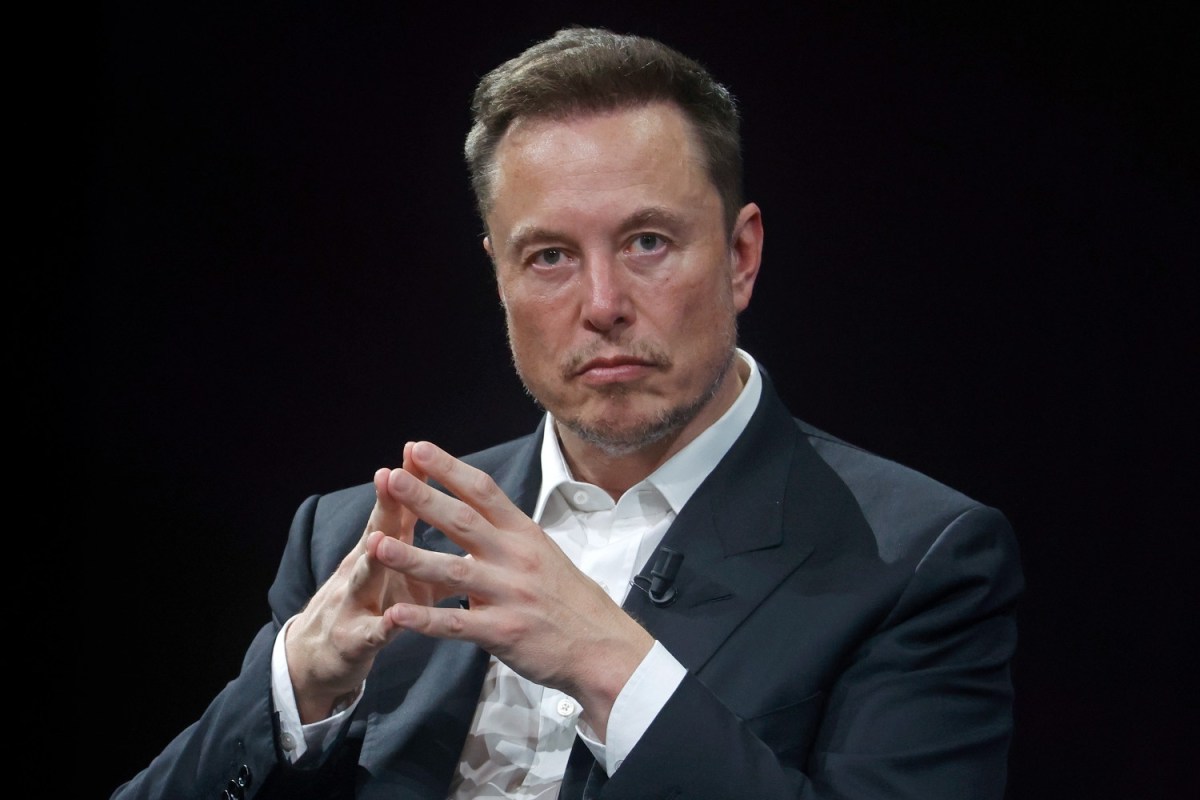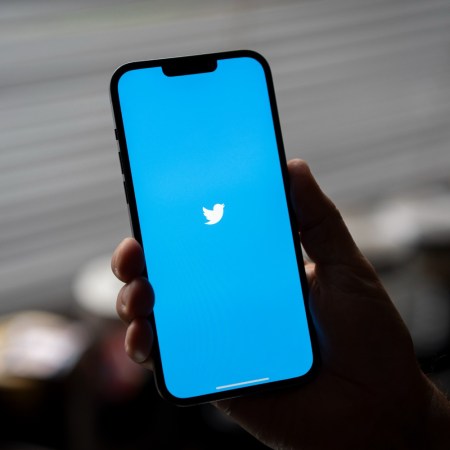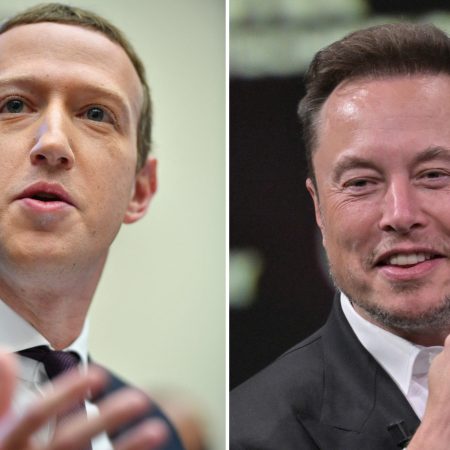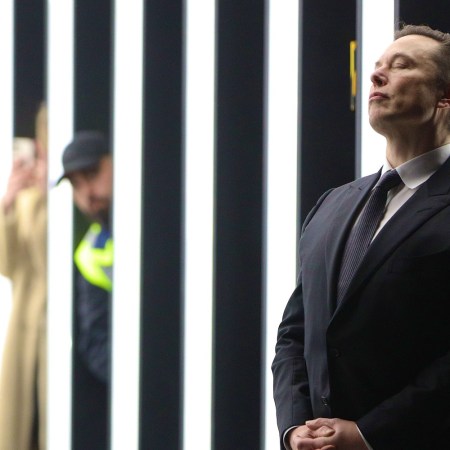Ronan Farrow’s reporting on a number of powerful men has repeatedly brought their flaws into the spotlight — and, in some cases, led to their downfall. This week, The New Yorker published an in-depth report by Farrow into the deeply contradictory life of Elon Musk. Farrow offers readers a lot to ponder here — from Musk’s penchant for science fiction that seems opposed to his worldview to his simultaneous frustration with and reliance upon government agencies.
In the second half of the article, Farrow points to Musk’s recent shift to the political right (despite some of his public comments to the contrary) and a growing penchant for culture-war bomb-throwing. “Musk’s trolling has increasingly taken on the vernacular of hard-right social media, in which grooming, pedophilia, and human trafficking are associated with liberalism,” writes Farrow.
He goes on to speculate that Musk’s erratic behavior may be due to ketamine use. That Musk has taken the drug in question is not news in and of itself; The Wall Street Journal wrote about it earlier this year, and in April of 2022, Musk tweeted, “I’ve talked to many more people who were helped by psychedelics & ketamine than SSRIs & amphetamines.” He later posted his opinion that he believes that it’s preferable to SSRIs for addressing depression.
Farrow writes that some of his sources told him that “Musk’s use has escalated in recent years.” He goes on to cite Amit Anand, who has extensively researched ketamine’s effects on the human body. Anand told Farrow, “A little bit of ketamine has an effect similar to alcohol. It can cause disinhibition, where you do and say things you otherwise would not.” Anand added that, as a result of taking higher doses of ketamine, “People do impulsive things, they could do inadvisable things at work.”
All of which could go a long way towards explaining Musk’s shift into outright reactionary politics — and some of the low points of his tenure at the social network formerly known as Twitter, including a hasty request to change the social network’s algorithm the night of the Super Bowl.
Is Elon Musk Spreading Himself Too Thin?
Most CEOs are not the CEO of multiple companies at onceFarrow’s article offers plenty to think about, and it offers a sense of Musk’s better qualities as well as his more unsettling side. (At one point, Farrow writes that “in my own interactions with [Musk], I have found him to be thoughtful and measured.”) The ketamine theory does sound plausible, but we’re unlikely to ever know for sure; it’s one more mystery in the array of them that is Elon Musk.
Thanks for reading InsideHook. Sign up for our daily newsletter and be in the know.


















